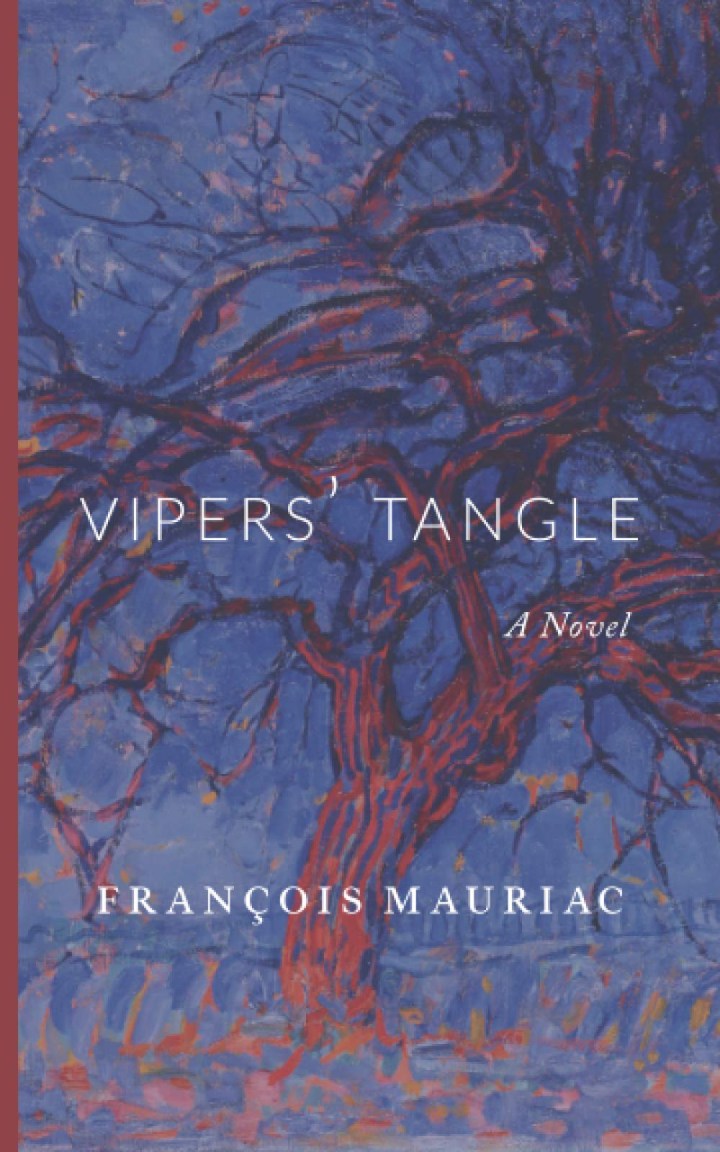Lenten Campaign 2025
This content is free of charge, as are all our articles.
Support us with a donation that is tax-deductible and enable us to continue to reach millions of readers.
In a letter to Robie McCauley, Flannery O’Connor insisted, “Everybody who has read Wise Blood thinks I’m a hillbilly nihilist, whereas I would like to create the impression over the television that I’m a hillbilly Thomist.” Discussing an upcoming TV interview, O’Connor reveals her revulsion for nihilism and her own intellectual commitments against it.
The casual reader might pause here for a moment. O’Connor’s stories are gruesome, even horrific. They often feature dark turns, twisted faith, and violent ends. These all seem the hallmarks of a person far from faith, not the marks of a Catholic novel.

But what saves O’Connor from nihilism? Fundamentally, her stories are stories about salvation. They are violent because the drama of salvation is violent. Again, defending misinterpretations of her work, this time her novel The Violent Bear It Away, O’Connor writes, “This is the violence of love, of giving more than the law demands, of an asceticism like John the Baptist’s … —all this is overlooked.”
O’Connor spent her life searching for the deepest things and bringing them to life in her fiction. She couldn’t suffer either fools or saccharine piety. This is perhaps the most liberating and exceptional part of O’Connor’s writing: she was not enslaved to writing about herself.
If you find these waning summer days—filled with the talk of rising cases, the challenges of going back to school, the threat of a return to a dreary office—drudgery, perhaps there’s no use sugar-coating them. Dive into the realest things, shocking, grotesque, even Gothic as they are. Pick up one of these great Catholic novels.




